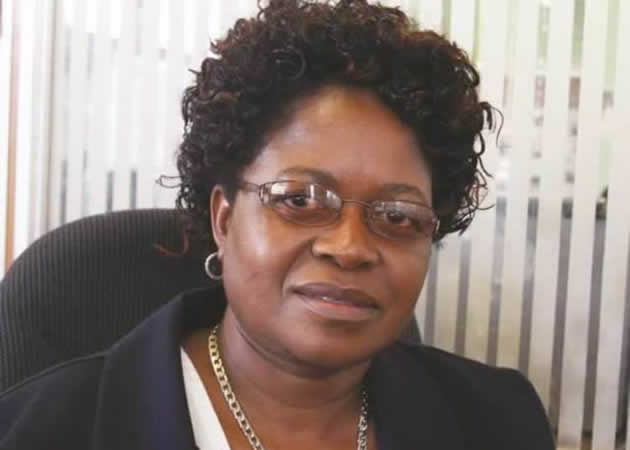‘SPB violates corporate governance’

Walter Nyamukondiwa Chinhoyi Bureau
Successive audits have revealed that the current structure of the State Procurement Board (SPB), compromises the tenets of good corporate governance as it fuels corruption in the tendering process, Auditor-General Ms Mildred Chiri has said.
This, she said, has given rise to ‘tenderpreneurs’ who mastered the art of painting a glorious picture on paper that wins tenders and go on to sub-contract as they do not have resources and equipment to execute the job.
This practice has resulted in the cost of projects ballooning to rates beyond regional and international levels. Ms Chiri said the SPB was both a regulatory body and executing authority, a development she claimed did not conform to world best business practices.
She said this on the sidelines of the 11th Treasurers and Internal Auditors Conference in Kariba last Thursday that brought together treasurers and internal auditors from 60 Rural District Councils.
The conference was organised by the Association of Rural District Councils of Zimbabwe.
Said Ms Chiri: “The situation at the SPB compromises the execution of projects by winning contractors as the board does not have adequate staff to follow up on agreed benchmarks.
“What we found out with the State Procurement Board is that they were the regulatory authority and also the executing authority – it fuels corruption. They regulate the tender processes and at the same time they adjudicate the tenders. This is an area which has been found worldwide not to be compatible.”
She said audits have shown that the SPB was short staffed, overwhelmed and had limited resources to follow through with awarded contracts.
She said audits have also shown that some contractors won tenders without traceable proof that they could execute the contract, only to do a shoddy job or take longer than expected to complete the contract.
This had been attributed to a number of unfinished Government projects dotted around the country.
“During the course of our audits, we found out that when it comes to the tender, which the State Procurement Board issues out, they do not have adequate staff to go round to find out whether contractors that they would have awarded contracts are performing according to what they would have stated in their tenders,” she said.
“It’s mainly lack of adequate staff and resources that in some cases you find that a contractor is not performing according to what is expected or they do not have resources or capacity,” she said.
She welcomed reforms currently being undertaken by Government, saying it would alleviate pressure on the SPB as it would assume a more regulatory and monitoring role.
Procurement will be decentralised to ministries, local authorities and departments.
The SPB will monitor compliance with state procurement procedures.
Ms Chiri said procurement, asset management and revenue collection needed tightening across the whole public sector spectrum.
She said there were opportunities for revenue collection that were being fluffed by local authorities, parastals and government departments.
On her recommendations that in some cases were not implemented, Ms Chiri said while that had been the case, the Ministry of Finance and Economic Development was taking her 2014 recommendations seriously.
She said a unit was being formed in the Ministry to follow up on the recommendations.
“For 2014, I think the Ministry of Finance is taking it seriously as they are in the process of setting up a unit that will follow up on my recommendations,” said Mrs Chiri.
“There is correspondence that is being sent out to ministries following on issues I raised in my reports.
“The letters of enquiry sent to the various departments are copied to me.”
She said her office was hoping for a much improved 2016 Auditor-General’s report owing to the interventions.
Ms Chiri revealed that some local authorities, parastatals and government departments failed to provide their accounts on time forcing the Auditor-General’s office to prepare their report without the information.
“That has been a challenge and what we are doing is to prepare the Auditor-General’s report with the ones that are ready. What we just do is list those that are not ready in the report,” she said.
She said failure to do that would result in the Auditor-General failing to produce her report on time.
She said there were quite a number of bodies that have failed to produce their reports without giving further detail.
Some of them, she said dated as far back as 2010 with the majority falling between 2012 and 2014.
She said that the Ministry of Finance had written a circular to all accounting officers of Ministries to prepare the Annual Reports.










Comments